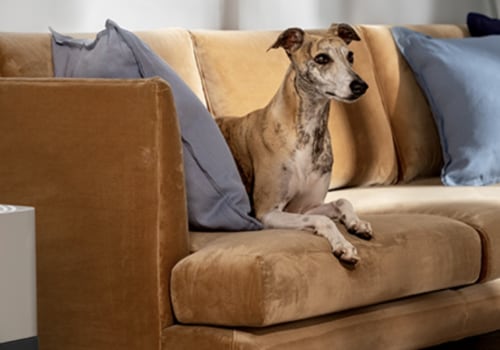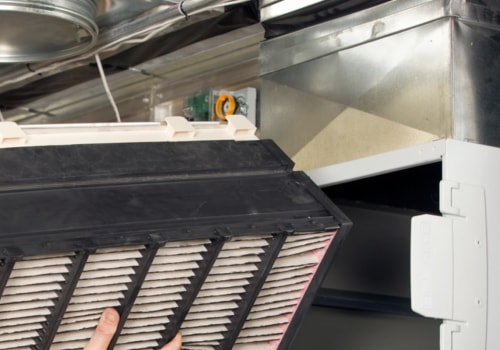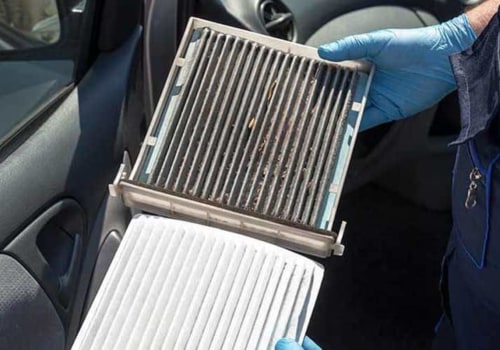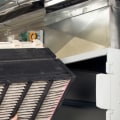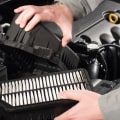For allergy sufferers, finding the right air filter can be a challenge. But with the right information, you can make an informed decision and find the best air filter for your needs. The most important factor to consider when choosing an air filter is the MERV rating. A filter with a MERV rating of 11 or higher can effectively eliminate 75% of allergens circulating throughout the home.
Filters rated 17 or higher are even more effective at blocking allergens, but they also block more air and restrict airflow. The Nordic Pure MERV 12 filter is a great option for those looking for an effective air filter for allergies. This filter has many folds (ridges) for an extremely large surface area to capture the smallest of 26% larger allergens, such as pollen, dust, dust mite debris and mold spores. It also has a MERV 5 rating, which is a step ahead of the most basic air filters available.
Nordic Pure MERV 12 filters are available in many sizes, so you should be able to find one that fits the return vent opening. If you've tried these tactics and don't find the right relief, it may be time to consider adding an air filter. Most standard AC filters are simply designed to prevent dust particles and other objects from entering your system. However, if the particulate load in the air increases due to having pets, leaving windows open, lighting candles frequently, or other activities, you may notice that the filter becomes more dirty and needs to be replaced faster.
These are installed on wall-mounted return air grilles (more common in the South) or on the air handler (more common in the Mid-Atlantic and North Atlantic states, where the air handler is often placed in the basement, near the oven). So, when you look at the full spectrum of what's floating in the air in your home, MERV ratings reflect the performance of a filter throughout it. The most common size is a 1 inch thick air filter, but there are also options for thicker 4 and 5 inch filters. Second, they can put strain on some HVAC equipment, making the system less efficient at heating and cooling, and can even shorten its lifespan by restricting airflow and forcing the equipment to run longer.
